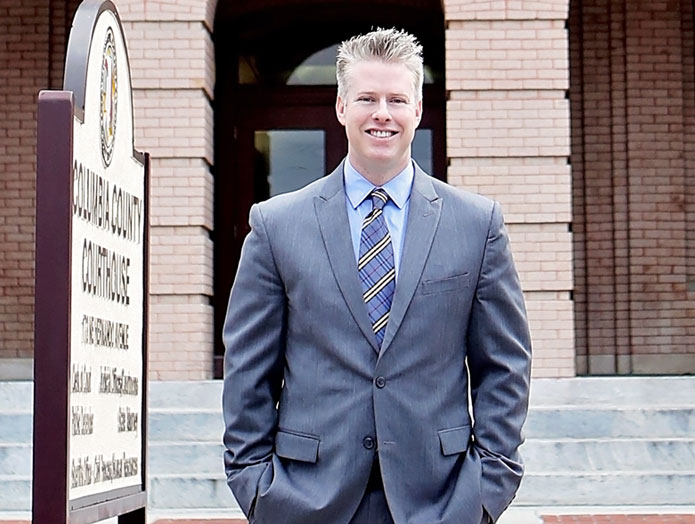We see consent foreclosure a lot. It has two parts. The first part is the borrower is consenting to the foreclosure. In other words, they are notifying the court that they are not going to contest the foreclosure anymore; they know that they do not have any defenses or have any objections to the foreclosure that is being auctioned off. They are not going to get in the lender’s way any further. Therefore, when the borrower consents to a foreclosure, the pay-off for the borrower is the lender will waive the right to go after any deficiency against the borrower.
That is why borrowers will do this. Therefore, if the borrower owes $100,000 dollars to the bank, and the property is only worth $50,000 dollars, in a consent foreclosure, the borrower would allow the bank to take that property back, and then the bank would agree that that $50,000 dollar deficiency on paper would be waived. It is beneficial to the borrower, because they are getting out from under any deficiency judgment. It is also beneficial to the lender, because they are able to complete their foreclosure on an expedited basis. There are no more hurdles for the lender to jump through. Banks and borrowers love a resolution technique, because the bank gets what they want, they get the foreclosure, the borrower is happier, and the case is closed. The bank cannot pursue them for any type of deficiency.
What Is A Right Of Redemption?
A right of redemption refers to a right that all borrowers have. All mortgagors have in the state of Florida, the right of redemption, which means that you have a right to redeem the mortgage any time prior to a foreclosure sale. That means before the foreclosure sale, if you can pay off the mortgage, and sell the property, you have an absolute right to redeem your property up until the day of the foreclosure sale. Once there is a foreclosure sale, your right to redemption is cut-off. Nevertheless, it is very important; many people believe that when they have been served with foreclosure papers, they need to vacate the house. When in reality, they have a right of redemption, and up until that foreclosure sale date, which sometimes could be years after someone is served, and if the borrower has that right to redeem the mortgage, and pay it off.
What Is The Role Of Deficiency Judgement In A Foreclosure?
A deficiency judgement is the biggest issue that a borrower can be concerned with. Many deficiency judgments arise from the real estate boom, and the properties were selling for values that were inflated. You have property that is not worth what the borrower owes. In addition to the lender being able to foreclose and take back their property, they also have the right that if that property does not sell for a sufficient amount to pay off the mortgage in full, they have a right to go after the borrower on the promissory note. Remember, you signed a promissory note as well as a mortgage. The mortgage puts up the house as collateral; the promissory note is your promise that you are going to pay the amount you borrowed from the bank.
If the collateral is insufficient, they then look to you as the borrower to pay that difference. A deficiency in Florida is a mathematical calculation. This is the amount owed to the bank on the day of the foreclosure sale, minus the fair market value of the property. Therefore, if you owe $100,000 dollars, and the property is worth $50,000 dollars, you are looking at a $50,000 dollar deficiency. You go off the value of the property as of the foreclosure sale date. The foreclosure sale date is the important date for this issue. In residential foreclosure cases, many times, the lenders are not even really pursuing deficiencies. Most deficiency proceedings I have seen are in the commercial context with commercial loans, and developments where it is considered a commercial loan.
It is in a different category of assets altogether for the bank. Typically, on the residential side, you just do not see many banks going after borrowers. They are not set up to pursue those claims, because they have to come to court with an appraiser and testify to what is the value of the property on the foreclosure sale date. They have to prove that they are entitled to a deficiency judgment, and that involves complicated hearings before a judge. Typically, the banks will agree that they will not seek that deficiency judgment if the borrower would just lie down. However, it is the most important issue in a foreclosure case, because the house value is underwater, and it gives the bank advantage to work out the settlement with the borrower.
For more information on Consent Foreclosure In Florida, initial consultation is your next best step. Get the information and legal answers you are seeking by calling (386) 487-5466 today.



